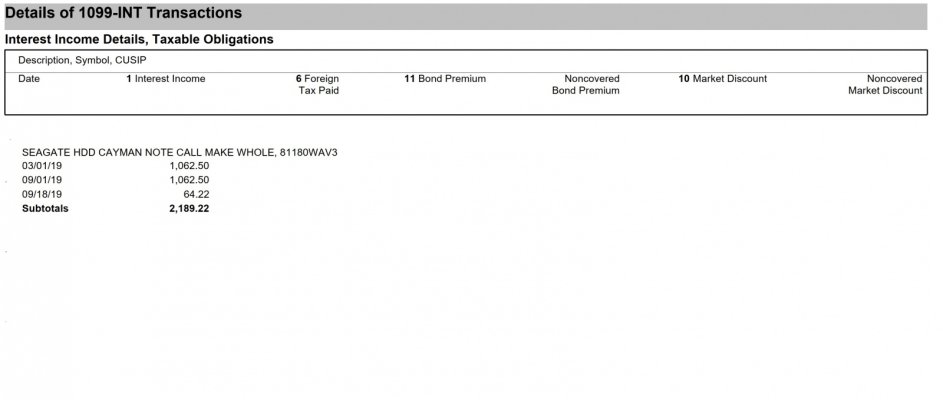MercyMe
Recycles dryer sheets
- Joined
- May 7, 2022
- Messages
- 226
On a non-callable bond that is intended to be held until maturity, wouldn't it be better to buy a low/no coupon bond (instead of a bond with an identical YTM and higher coupon) since the gain at maturity would be taxed as LTCG instead of ordinary income?
I feel like this is a really stupid question... one that I wouldn't dare to post on that other forum.
I feel like this is a really stupid question... one that I wouldn't dare to post on that other forum.



